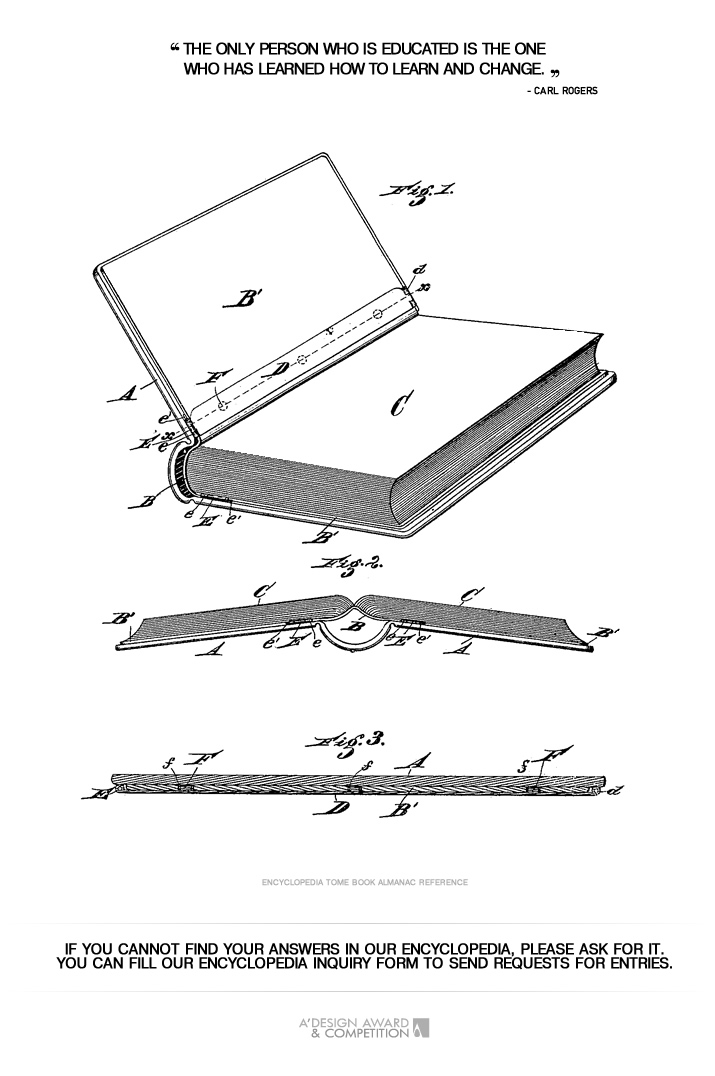
| THE AWARD |
| CATEGORIES |
| REGISTRATION |
| SUBMIT YOUR WORK |
| ENTRY INSTRUCTIONS |
| TERMS & CONDITIONS |
| PUBLICATIONS |
| DATES & FEES |
| METHODOLOGY |
| CONTACT |
| WINNERS |
| PRESS ROOM |
| GET INVOLVED |
| DESIGN PRIZE |
| DESIGN STORE |
| THE AWARD | JURY | CATEGORIES | REGISTRATION | PRESS | WINNERS | PUBLICATIONS | ENTRY INSTRUCTIONS |
Integral Design - Entry #477442 |
Home > Design Encyclopedia > 477442 |
 Integral Design
Integral Design
Integral Design is a holistic and comprehensive approach to design that considers all aspects of a project's lifecycle, from conception to completion and beyond, while emphasizing the interconnectedness of various design elements, stakeholders, and environmental factors. This methodology emerged from the recognition that traditional segmented approaches to design often failed to address the complex relationships between different components and their collective impact on the final outcome. At its core, integral design synthesizes multiple disciplines, including architecture, engineering, environmental science, and social studies, to create solutions that are both sustainable and harmonious with their surroundings. The practice involves careful consideration of functional requirements, aesthetic values, environmental impact, social responsibility, and economic viability, treating them not as separate concerns but as interconnected aspects of a unified whole. This approach has gained significant recognition in contemporary design practice, particularly in response to growing environmental challenges and the need for more sustainable solutions. Practitioners of integral design employ systems thinking to analyze how different components interact and influence each other, ensuring that modifications in one area positively impact the entire system. The methodology has proven particularly valuable in large-scale architectural and urban development projects, where multiple stakeholders and complex requirements must be balanced. The A' Design Award and Competition recognizes outstanding achievements in integral design through its comprehensive evaluation criteria, which assess how well projects integrate various design aspects into cohesive solutions. The future of integral design continues to evolve with advancing technology and growing awareness of sustainability issues, leading to increasingly sophisticated approaches to creating harmonious and effective design solutions.
Author: Lucas Reed
Keywords: sustainability, holistic approach, systems thinking, environmental impact, lifecycle analysis, stakeholder engagement, interdisciplinary integration, resource efficiency, design optimization
 About the Design+Encyclopedia
About the Design+EncyclopediaThe Design+Encyclopedia is a crowd-sourced reference of information on design. Unlike other crowd-sourced publications on design, the Design Encyclopedia is edited and actively monitored and publishing is only possible after review of submitted texts. Furthermore, editors of the Design Encyclopedia are mostly consisting of award winning designers who have proven their expertise in their design respective fields. Information posted at design encyclopedia is copyrighted, you are not granted a right to use the text for any commercial reasons, attribution is required. If you wish to contribute to the design encyclopedia, please first register or login to A' Design Award and then start a new design encyclopedia entry.

If you did not find your answer, please feel free to check the design encyclopedia for more entries. Alternatively, you can register and type your own definition. Learn more about A' Design Award's Design+Encyclopedia.

